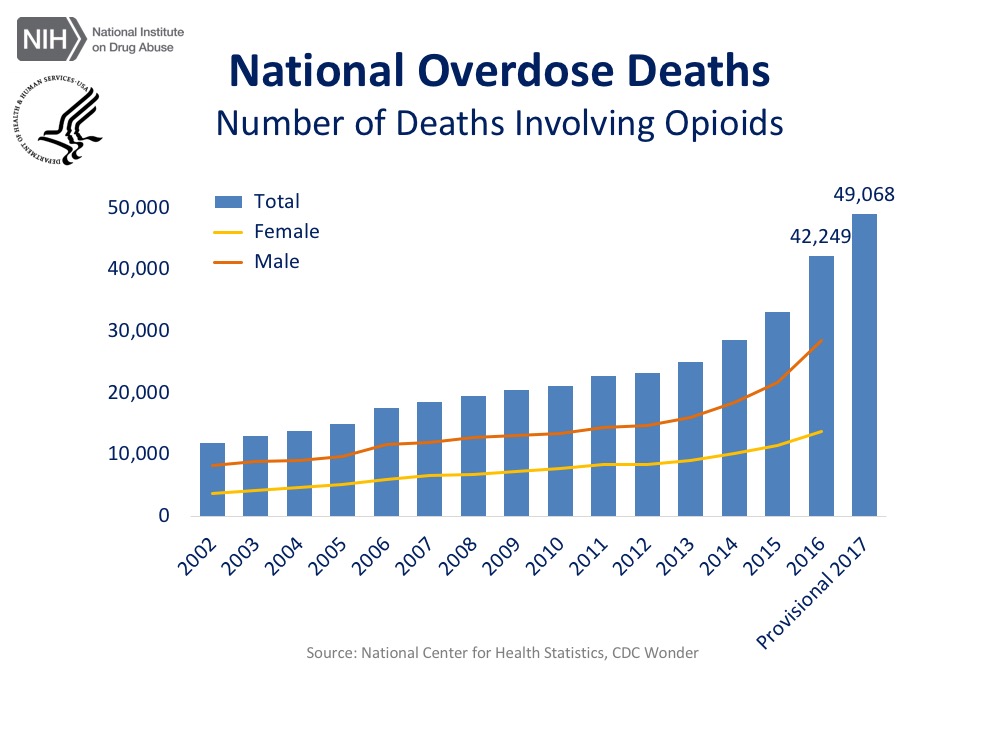CT Attorney General Initiates Lawsuit Against Stamford's Purdue Pharma for Role in National Opioid Crisis
/Connecticut Attorney General George Jepsen has initiated a lawsuit against Stamford-based Purdue Pharma and several current and former members of Purdue's management and board of directors alleging that they designed, financed and waged a pervasive and aggressive campaign to mislead doctors and patients, claiming that prescription opioid medications manufactured and marketed by the company were safe and effective and strategically downplaying risks of addiction that they knew were inherent in their opioid products.
 The state alleges that Purdue "peddled a series of falsehoods" to push patients toward its opioids, reaping massive profits from sales while opioid addiction skyrocketed to the crisis level that is currently impacting Connecticut and states across the country.
The state alleges that Purdue "peddled a series of falsehoods" to push patients toward its opioids, reaping massive profits from sales while opioid addiction skyrocketed to the crisis level that is currently impacting Connecticut and states across the country.
"For a number of months, Connecticut and our multistate partners have been engaged in intensive negotiations with opioid manufacturers and distributors in the hope of resolving potential legal claims in a way that would avoid protracted litigation and would bring opioid treatment resources to those who are desperately in need," said Attorney General Jepsen. Jepsen, who leaves office next month, currently serves as part of the leadership of a multistate coalition of attorneys general who are investigating opioid manufacturers and distributors. "I expect those negotiations to continue, and I remain hopeful they will bring a resolution that helps to address this ongoing crisis."
In Connecticut, 1,038 people died of accidental drug overdoses in 2017, the vast majority from opioid-related overdoses. The Connecticut Office of the Chief Medical Examiner has projected that 1,030 more people will die of overdoses in 2018. From 2013 to 2016, Connecticut experienced a fourfold increase in deaths from prescription opioid overdoses, and the estimated economic cost of the opioid epidemic in Connecticut in 2016 was $10.27 billion. Nationwide from 2002-2017 there was a 4.1-fold increase in the total number of deaths involving opioids, according to the National Institute on Drug Abuse. 
The Attorney General said that Purdue Pharma “has not demonstrated to me that it is serious about addressing the states' very real allegations of misconduct and coming to a meaningful settlement. It is my hope that, in filing this lawsuit at this time, Connecticut can assist in the collective effort to hold this company and responsible individuals accountable.
Jepsen said the state alleges that “Purdue knowingly put its own exorbitant profits first when it purposefully and systematically misled doctors by not just downplaying the terrible risks of addiction, but by forcefully asserting that opioid products were safe, that the risk of addiction was low, and that patients experiencing symptoms of addiction should actually be prescribed higher and greater doses of Purdue's opioid drugs. We allege that this behavior was endorsed and promoted by the highest leadership of the company and that it was in violation of Connecticut law."
The state alleges that Purdue misinformed patients and doctors to get more and more people taking its premier opioid drug, OxyContin, and its two other opioid medications, Hysingla and Butrans.
The lawsuit will be filed in Superior Court in Hartford. It alleges four counts of violations of the Connecticut Unfair Trade Practices Act and seeks damages, civil penalties, forfeiture of ill-gotten profits and restitution as well as permanent injunctive and other relief. The suit indicates that Purdue allegedly:
- led patients and doctors to believe that opioids were safe to treat even minor pain, and that patients could and should take higher and more dangerous doses.
- sent sales representatives to doctors' offices, clinics, pharmacies and hospitals in Connecticut to make deceptive sales pitches about opioid drugs;
- rewarded high-prescribing doctors with attention, meals, gifts and money; and
- awarded prizes and bonuses to sales representatives who generated the most opioid prescriptions.
The company did not tell doctors that higher doses of opioids carried heightened risk of addiction, overdose and death, the state alleges, and the company funded and distributed publications that misrepresented the addictive nature of prescription opioids and made claims that were not supported by scientific evidence.
The state further alleges that Purdue promoted the idea of "pseudoaddiction," suggesting that patients who appeared to be addicted were instead receiving inadequate doses and needed more prescription opioid drugs.
In addition to the company, the state's lawsuit names current and former board members as defendants, alleging that they tracked sales representatives and oversaw the tactics used to push opioid drugs. The individual defendants include: Richard Sackler, Jonathan Sackler, Mortimer D.A. Sackler, Kathe Sackler, Ilene Sackler Lefcourt, Beverly Sackler, David Sackler, Theresa Sackler, Cecil Pickett, Paulo Costa, Ralph Snyderman, Frank Peter Boer and Judy Lewent. The lawsuit also names past CEOs John Stewart and Mark Timney as defendants.































